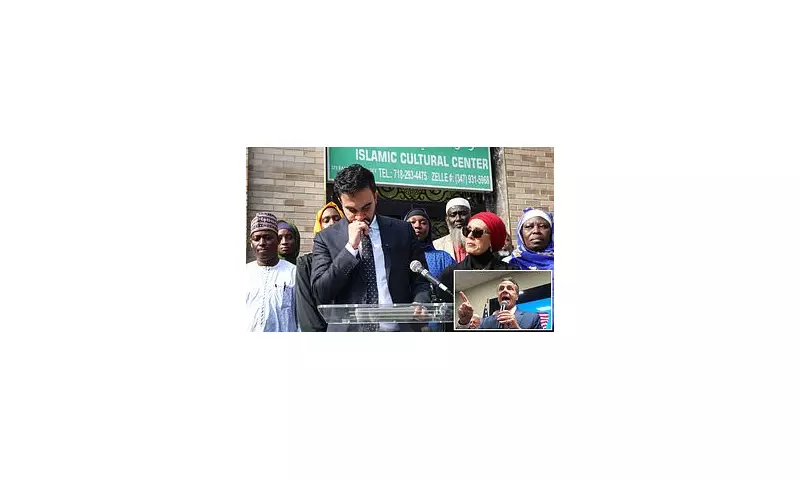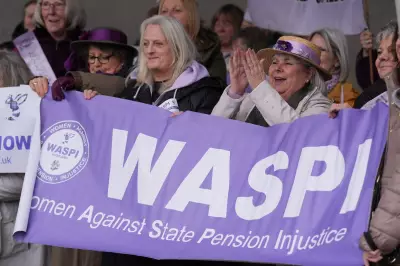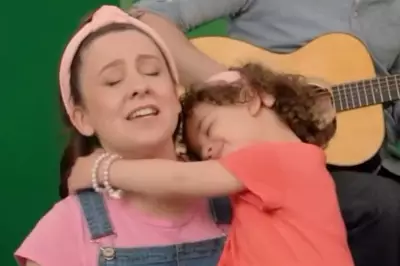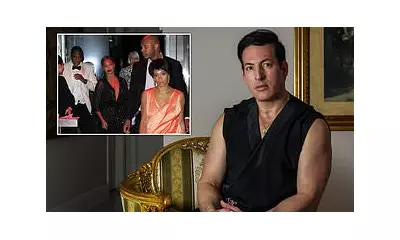
In a powerful and emotional moment that silenced the chamber, New York State Assemblyman Zohran Kwame Mamdani broke down in tears while recounting his Muslim aunt's profound fear in the aftermath of the September 11th attacks.
The Democratic Socialist, representing Astoria, was delivering a speech in support of a resolution condemning Islamophobia when his voice cracked with emotion as he shared a deeply personal family story.
A Personal Story of Collective Trauma
"I think about my aunt," Mamdani began, his composure faltering, "a Muslim woman, who in the days after 9/11 was so scared of the reprisal attacks, so scared of the hate that was being spewed across this country."
He described how his aunt's fear was so overwhelming that she refused to leave her home, illustrating the invisible psychological toll that period exacted on countless American Muslims. The lawmaker's raw display of emotion highlighted how political issues surrounding discrimination are often rooted in intimate, personal experiences of trauma.
Political Context and Response
The emotional testimony came during debates on a resolution that ultimately passed, formally denouncing Islamophobia and recognising the discrimination faced by Muslim communities. Mamdani, a prominent figure in New York's progressive movement, used his platform to connect legislative action with human experience.
Observers noted the significance of a sitting lawmaker publicly sharing such a vulnerable family narrative, particularly one that reflects the ongoing struggles against religious discrimination in contemporary America.
The Lasting Impact of 9/11 on Muslim Americans
Mamdani's account sheds light on the enduring legacy of the 2001 terrorist attacks on Muslim communities across the United States. His testimony serves as a poignant reminder that beyond policy debates and political rhetoric, real families continue to grapple with the consequences of collective trauma and prejudice two decades later.
The assemblyman's emotional moment has since sparked conversations about representation, empathy in politics, and the importance of personal storytelling in advocating for marginalised communities.





